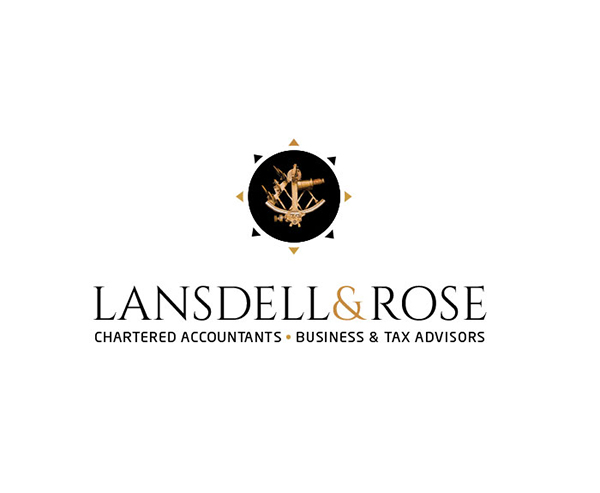Entrepreneurs’ Relief – establishing a new framework for claiming – Michael Lansdell
Featured Products Promotional FeaturesPosted by: Dental Design 19th July 2019

 As a dental practice owner – like other entrepreneurs – you may want to dispose of part, or all of your business. There may be several reasons for wanting to do this; maybe your practice is well established and it’s time to make a disposal so you have more time to focus on other projects. Or, perhaps it could be performing better and this is the reason for deciding to sell part, or all of it.
As a dental practice owner – like other entrepreneurs – you may want to dispose of part, or all of your business. There may be several reasons for wanting to do this; maybe your practice is well established and it’s time to make a disposal so you have more time to focus on other projects. Or, perhaps it could be performing better and this is the reason for deciding to sell part, or all of it.
The main benefit of making a disposal is that you may be able to pay less Capital Gains Tax (CGT) if the disposal qualifies for Entrepreneurs’ Relief (ER). If it does, you will enjoy a reduced CGT rate of 10 per cent, on all gains on qualifying assets, and this will apply on up to £10 million of lifetime chargeable gains.
There are already rules around ER, which relate to whether you are selling all/part of your business, or if you are selling shares/securities in a ‘personal company’. If your shares are from an Enterprise Management Initiative (EMI), there are other boxes that must be ticked, too. The same applies if the business stops trading, if you are selling assets that you lent to the business, or you are a trustee.
From April, there have been even more changes. They reflect a general ‘tightening up‘ of the system and eligibility for claiming. For example, if you are in investor and the shares you hold have restricted rights (common with EMIs), ER may now be withdrawn.
The changes were announced in last year’s Autumn Budget, with new ‘tests’ defining what is a ‘personal company’ introduced the very same day. The changes firstly relate to a new set of conditions that must be met during the entire12 months up to the date of disposal. The second change relates to the timing of any disposals.
Five new conditions for investors
First, they must be an employee/director of the company. They must also hold at least 5 per cent of the ordinary share capital and at least 5 per cent of the voting rights associated with it. The investor must be beneficially entitled to 5 per cent of the company’s distributable profits and also be beneficially entitled to 5 per cent of all its assets available for distribution to equity holders, should there be a winding up.
Timing is everything!
As for the second big change (which will arguably have a greater impact), the minimum period during which investors must meet the conditions for ER is set to double. A new two-year minimum qualifying period will apply for disposals that take place after 5 April. There are some exceptions/revisions of course – you will need to discuss your own unique situation with a financial expert who not only has a good knowledge of the dental market, but can also offer impartial advice on how the changes could affect you in the long term. Lansdell & Rose is a specialist dental accountant who supports successful dental practices owners all over the UK and has a team in place ready to guide you.
For example, in some cases of individual investors whose shareholdings don’t now meet the minimum 5 per cent threshold, there may be help available. Again, you must make sure you talk with someone who can support you in making the right choices to lessen any financial impact.
Shareholders need to consider the key changes to ER – don’t get tripped up! Put a review of your ER entitlement into the hands of experts so you can focus on working hard on your current, or any exciting new business interests.
For more information please visit www.lansdellrose.co.uk
or call Lansdell & Rose on 020 7376 9333.










